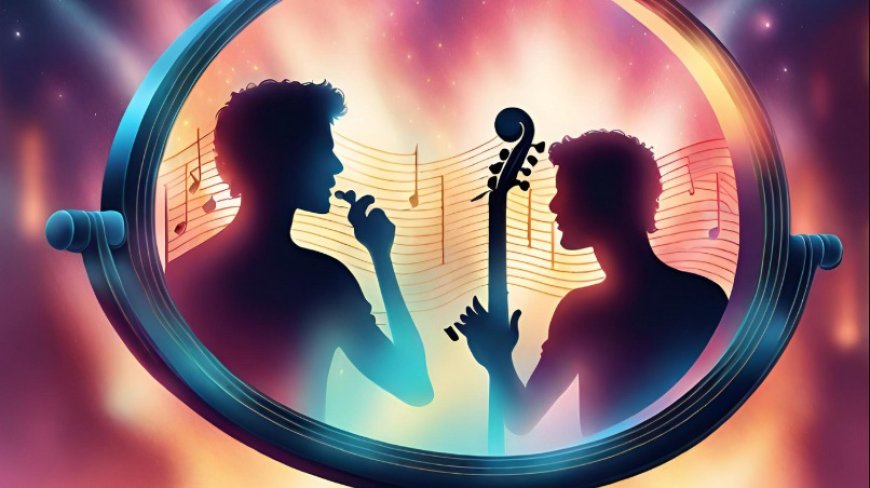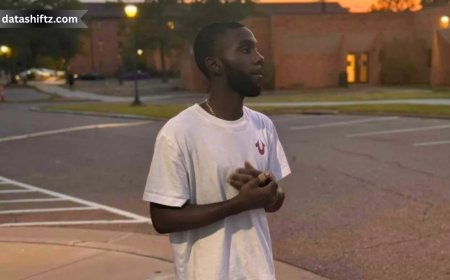I Am What I Am: Exploring the Strands of Self-Identity in Music

Introduction
The phrase "I Am What I Am" has resonated across various musical genres, serving as a powerful declaration of self-identity, authenticity, and empowerment. From Broadway stages to disco halls, country ballads to drill rap, this mantra has been embraced and reinterpreted by artists to express individuality and challenge societal norms. This article delves into the diverse interpretations of "I Am What I Am" in music, examining its cultural significance and the underlying themes that connect these varied expressions.
The Many Faces of "I Am What I Am" in Music
1. Broadway's Anthem of Self-Acceptance
Originating from the 1983 Broadway musical La Cage aux Folles, "I Am What I Am" is performed by the character Albin as a powerful assertion of self-worth and dignity. Composed by Jerry Herman, the song quickly became an anthem for the LGBTQ+ community, symbolizing pride and the right to live authentically. Its message transcends the stage, encouraging listeners to embrace their true selves without apology.
2. Disco's Declaration of Identity
In 1978, the Village People released "I Am What I Am" as part of their album Macho Man. Co-written by Victor Willis, Henri Belolo, Peter Whitehead, and Jacques Morali, the song served as a gay liberation statement during a time when such expressions were groundbreaking. With its upbeat disco rhythm, it celebrated individuality and became a staple in dance clubs, reinforcing the message that being oneself is not only acceptable but worthy of celebration.
3. Country Music's Reflection on Self
Country legend George Jones titled his 1980 comeback album I Am What I Am, featuring the hit "He Stopped Loving Her Today". While not a direct anthem of self-identity, the album's title and content reflect themes of acceptance and personal truth. Jones's raw and emotive storytelling resonates with listeners who find solace in acknowledging their own imperfections and experiences.
4. Contemporary Pop's Empowerment Message
Emma Muscat's 2022 Eurovision entry, "I Am What I Am", brings the phrase into the realm of contemporary pop. The song delivers a message of self-love and empowerment, encouraging listeners to embrace their uniqueness. Though met with mixed reviews, its inclusion in a global event like Eurovision highlights the enduring appeal of the phrase as a universal declaration of self-acceptance.
5. Drill Rap's Assertion of Identity
In the 2020 track "I Am What I Am", rapper King Von, featuring Fivio Foreign, uses the phrase to assert his identity within the drill music scene. The song's gritty lyrics and intense delivery reflect the artists' realities and their refusal to conform to external expectations. It's a modern, unfiltered take on the age-old theme of staying true to oneself amidst adversity.
Interpretations of "I Am What I Am" Across Genres
| Genre | Artist | Year | Context | Theme |
|---|---|---|---|---|
| Broadway Musical | La Cage aux Folles | 1983 | Albin's solo performance | LGBTQ+ pride and self-acceptance |
| Disco | Village People | 1978 | Dance track promoting individuality | Gay liberation and celebration |
| Country | George Jones | 1980 | Album title reflecting personal truths | Acceptance of self and past |
| Pop | Emma Muscat | 2022 | Eurovision entry promoting self-love | Empowerment and uniqueness |
| Drill Rap | King Von ft. Fivio Foreign | 2020 | Street anthem asserting identity | Authenticity and resilience |
Common Themes in "I Am What I Am" Interpretations
-
Self-Acceptance: Embracing one's true self without shame.
-
Empowerment: Finding strength in individuality.
-
Resistance: Challenging societal norms and expectations.
-
Authenticity: Living truthfully and unapologetically.
-
Celebration: Honoring one's identity and experiences.
Conclusion
The phrase "I Am What I Am" serves as a powerful thread weaving through various musical landscapes, each time offering a unique perspective on identity and self-expression. Whether it's the theatrical flair of Broadway, the pulsating beats of disco, the heartfelt narratives of country music, the empowering messages of pop, or the raw authenticity of drill rap, the core message remains consistent: embracing who you are is a profound act of courage and liberation. These musical interpretations not only entertain but also inspire listeners to reflect on their own journeys toward self-acceptance and authenticity.






























